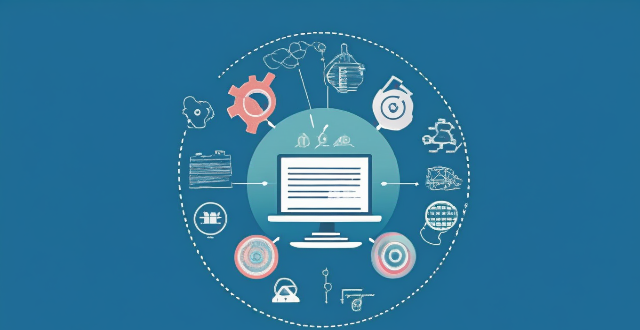The importance of long-term monitoring and evaluation in climate policy is discussed. Long-term monitoring and evaluation help ensure accountability for climate action, identify gaps and opportunities for improvement, inform future policies, build public trust, and promote sustainable development.

The Importance of Long-Term Monitoring and Evaluation in Climate Policy
Introduction
Climate policy is a critical component of global efforts to mitigate the effects of climate change and promote sustainable development. One key aspect of effective climate policy is long-term monitoring and evaluation. This involves tracking progress towards climate goals, assessing the effectiveness of policies and programs, and making adjustments as needed. In this response, we will explore the importance of long-term monitoring and evaluation in climate policy.
1. Ensuring Accountability
Long-term monitoring and evaluation help ensure accountability for climate action. By regularly tracking progress towards climate goals, policymakers can identify areas where more effort is needed and make necessary adjustments. This helps to hold governments, businesses, and other stakeholders accountable for their actions and ensures that they are meeting their commitments.
2. Identifying Gaps and Opportunities
Long-term monitoring and evaluation also allow policymakers to identify gaps and opportunities for improvement in climate policy. By analyzing data over time, they can see which policies and programs are working well and which ones need to be revised or replaced. This helps to ensure that resources are being allocated effectively and that efforts are focused on the most pressing issues.
3. Informing Future Policies
Long-term monitoring and evaluation provide valuable insights that can inform future climate policies. By analyzing trends and patterns over time, policymakers can better understand the complexities of climate change and develop more effective strategies for addressing it. This helps to ensure that future policies are based on sound science and evidence-based approaches.
4. Building Public Trust
Long-term monitoring and evaluation help build public trust in climate policy. By demonstrating transparency and openness in the decision-making process, policymakers can foster greater public engagement and support for climate action. This is essential for creating a shared sense of responsibility and ownership among all stakeholders, including citizens, businesses, and governments.
5. Promoting Sustainable Development
Finally, long-term monitoring and evaluation are crucial for promoting sustainable development. By tracking progress towards sustainability goals, policymakers can identify areas where economic growth is outpacing environmental protection or social equity. This helps to ensure that climate policy is integrated into broader development strategies and that all aspects of sustainable development are addressed holistically.
Conclusion
In conclusion, long-term monitoring and evaluation are essential components of effective climate policy. They help ensure accountability, identify gaps and opportunities for improvement, inform future policies, build public trust, and promote sustainable development. As such, they should be integral parts of any comprehensive approach to addressing climate change.